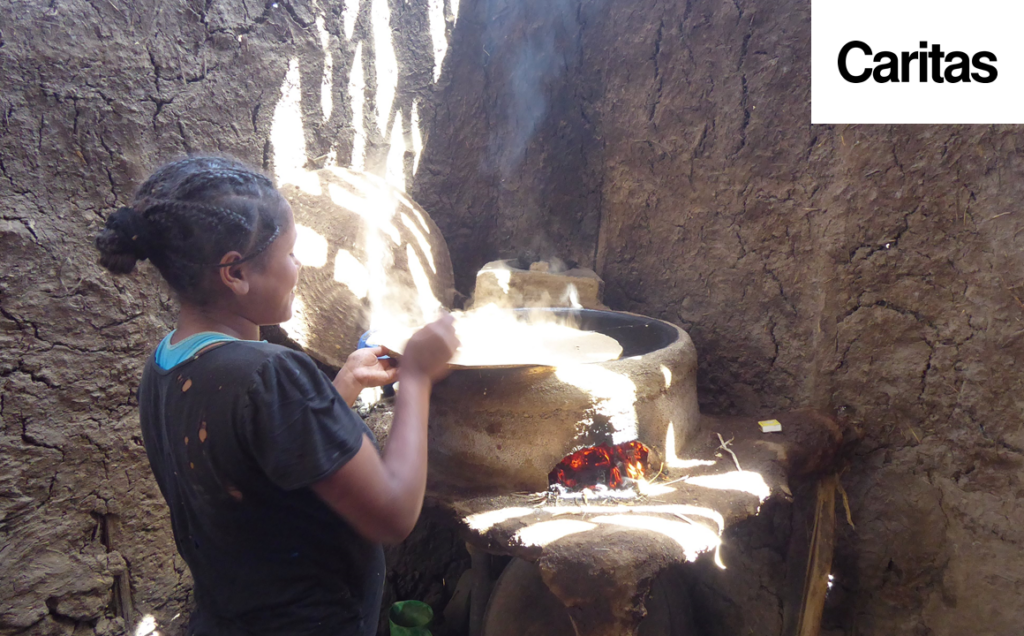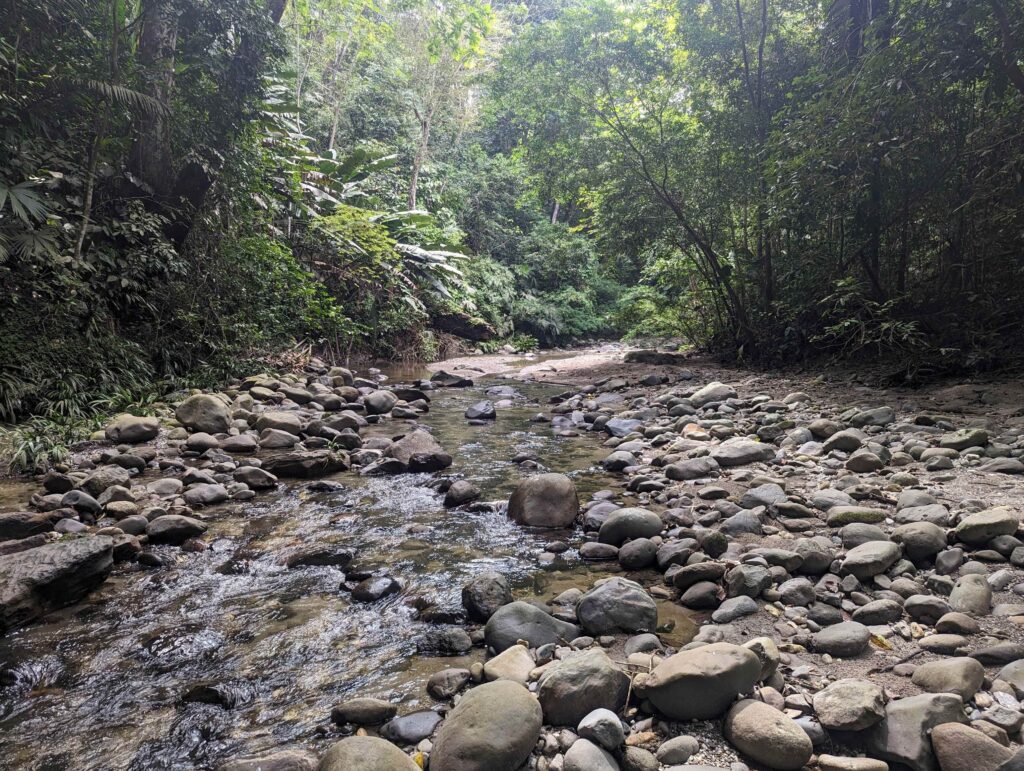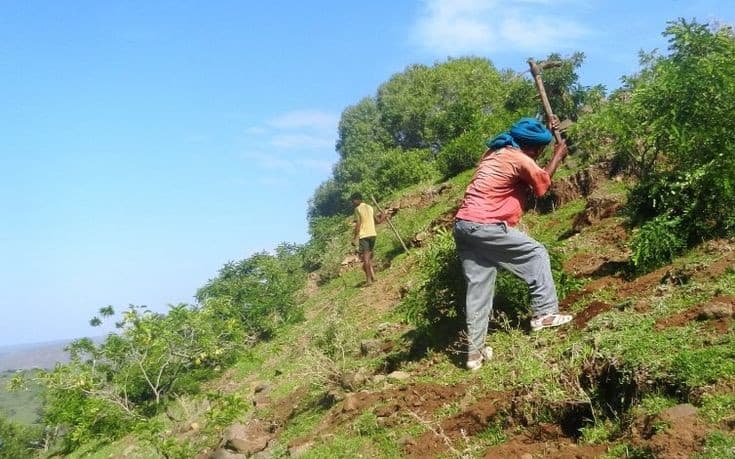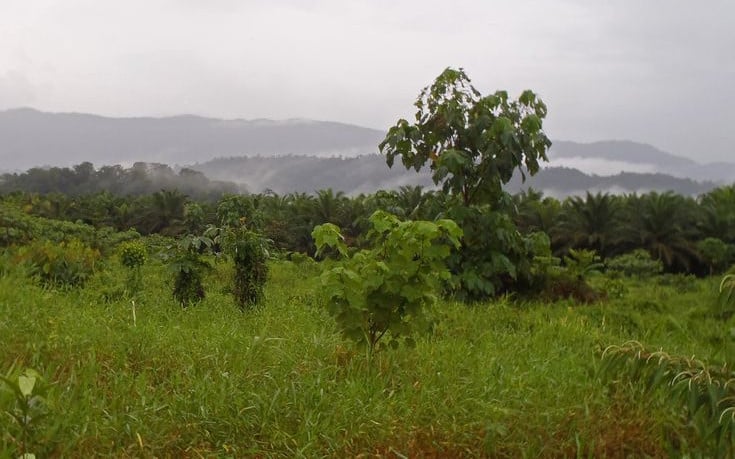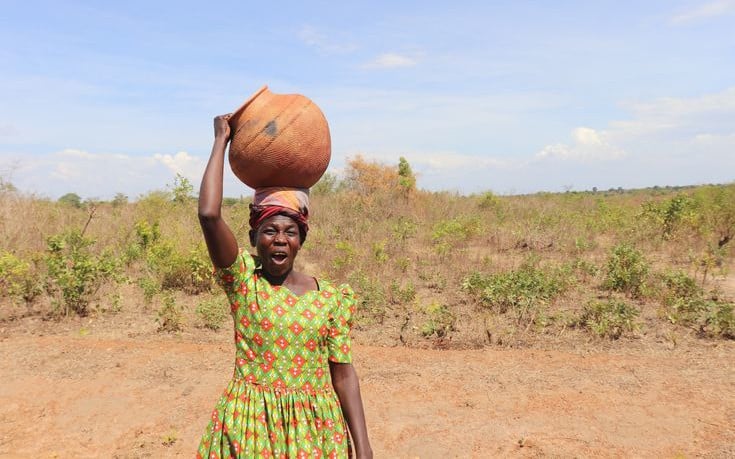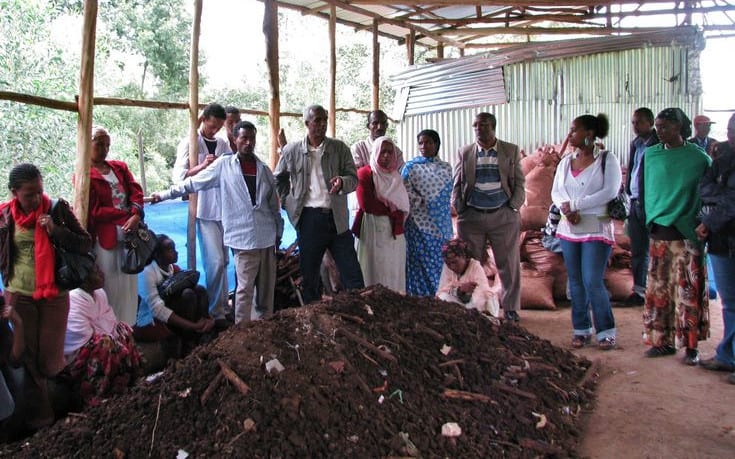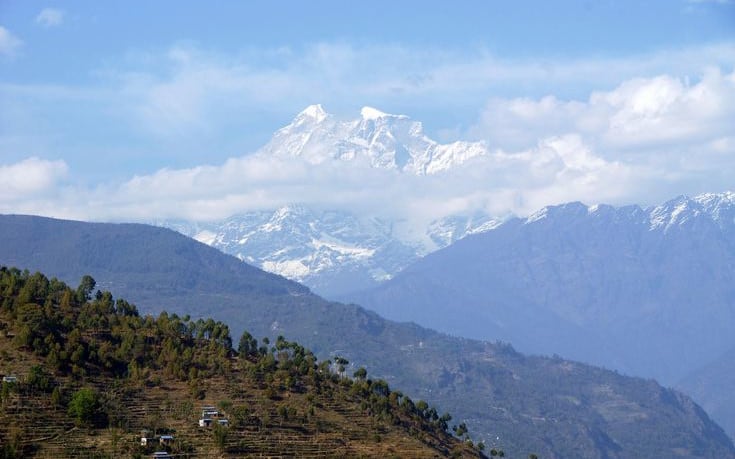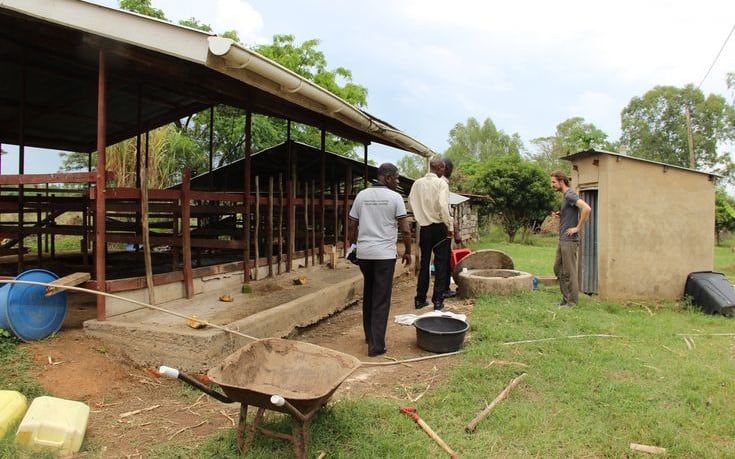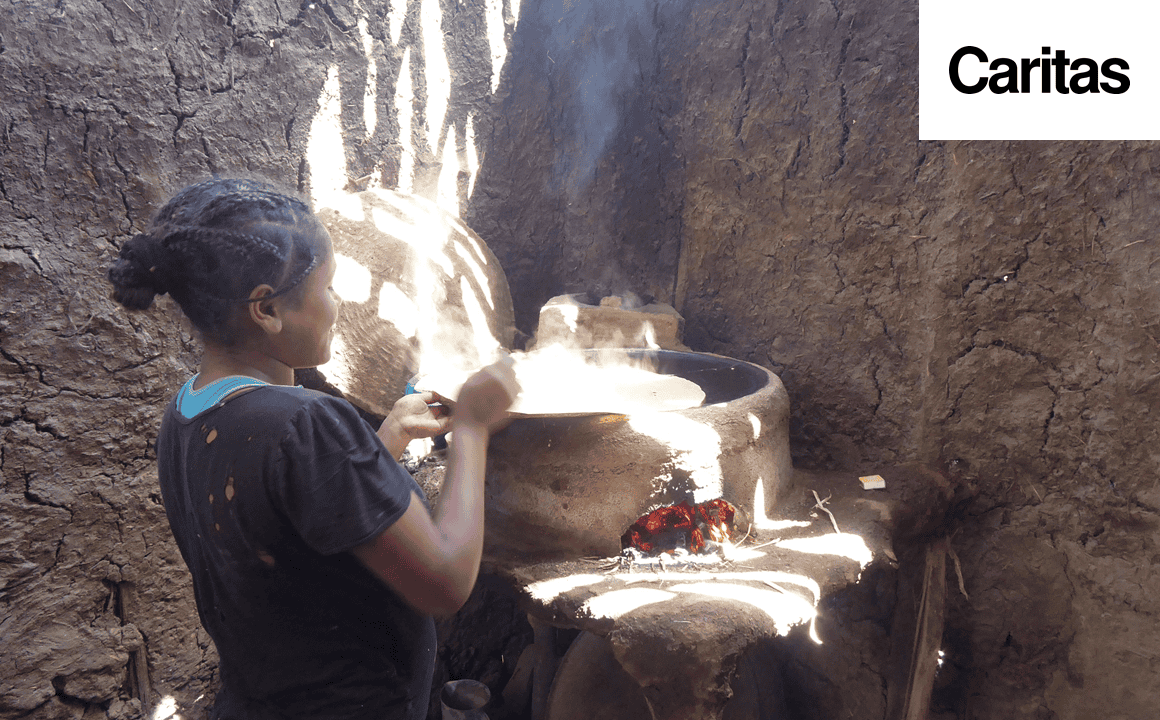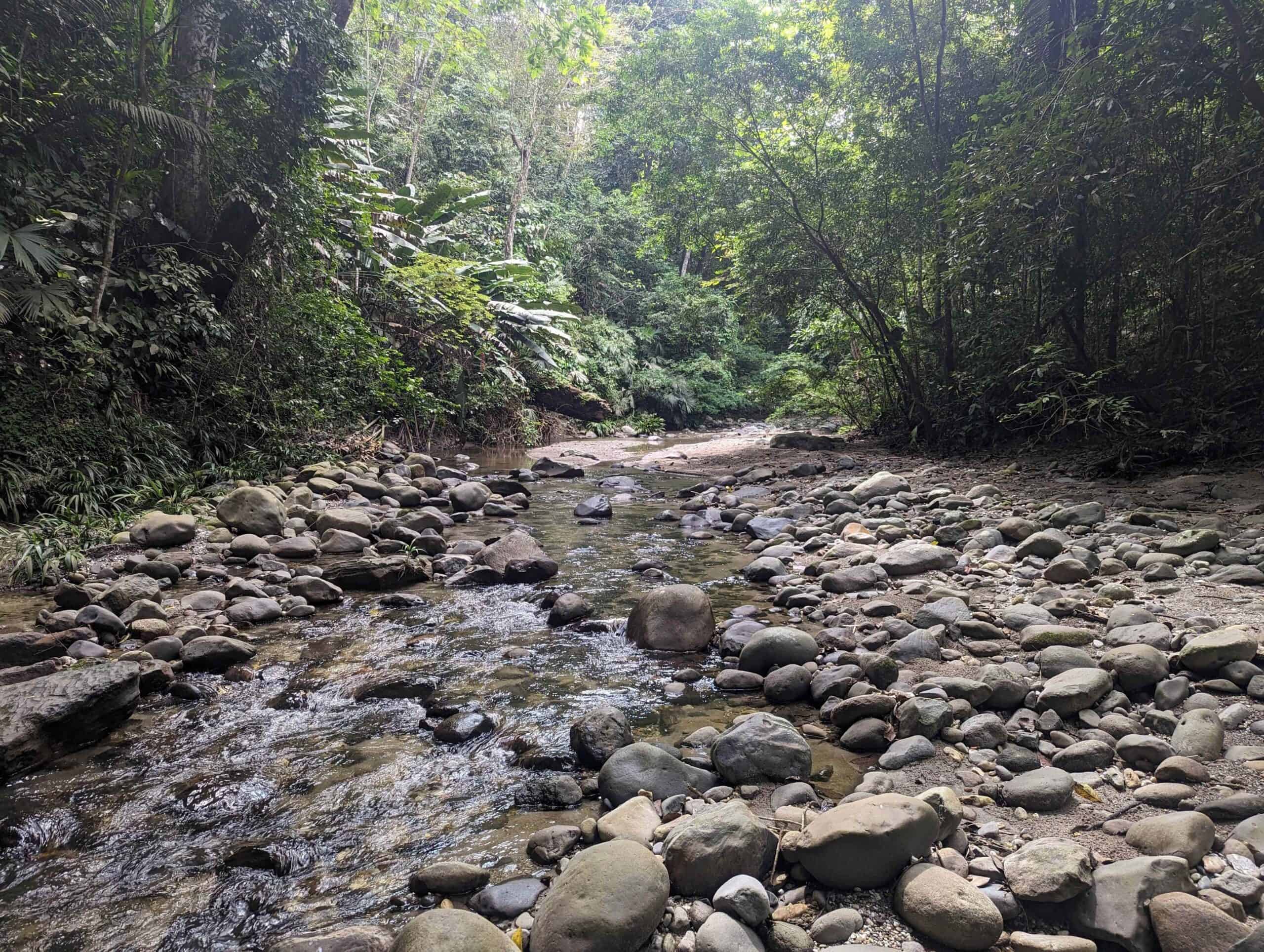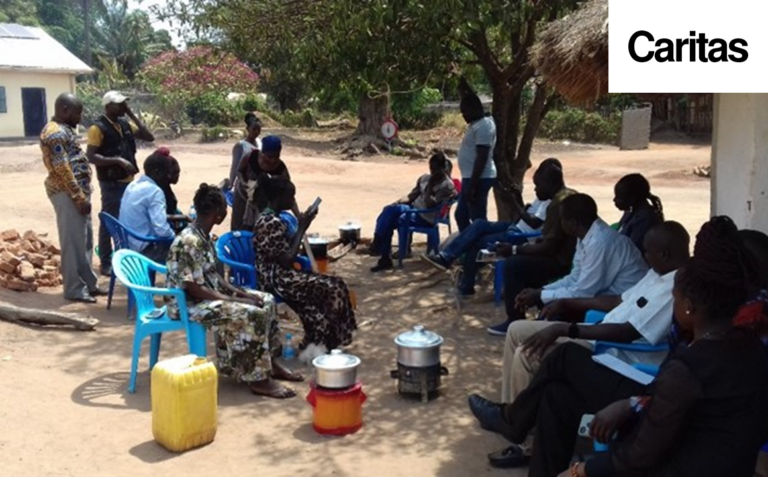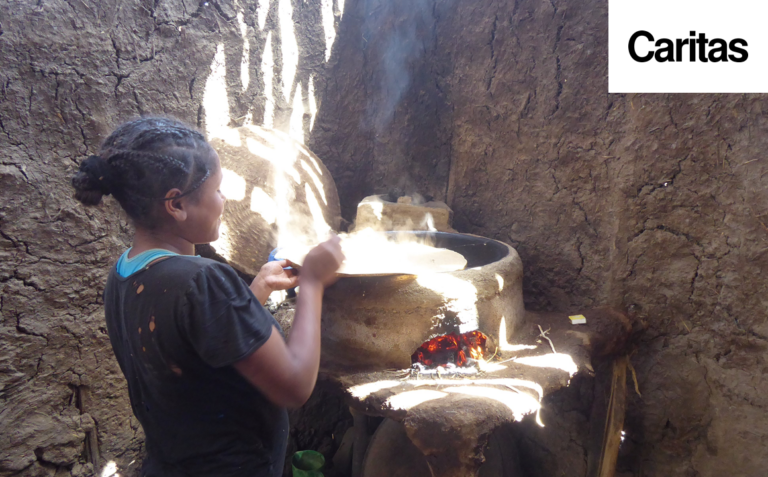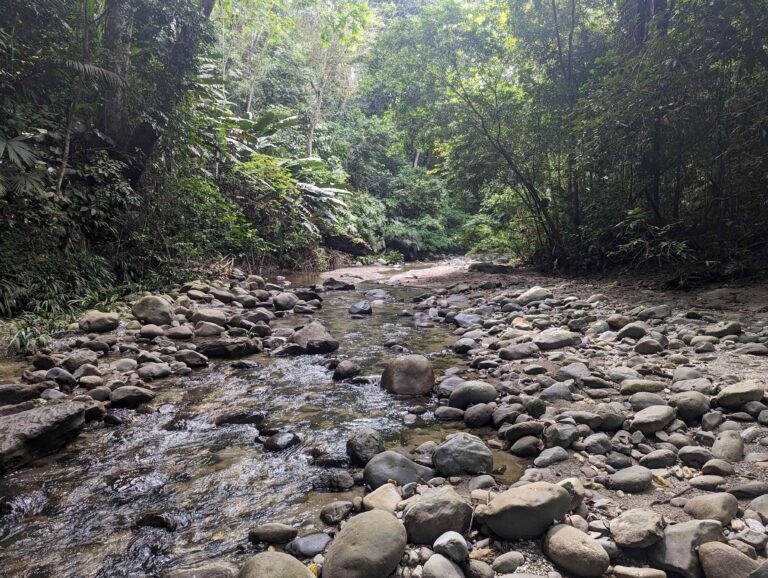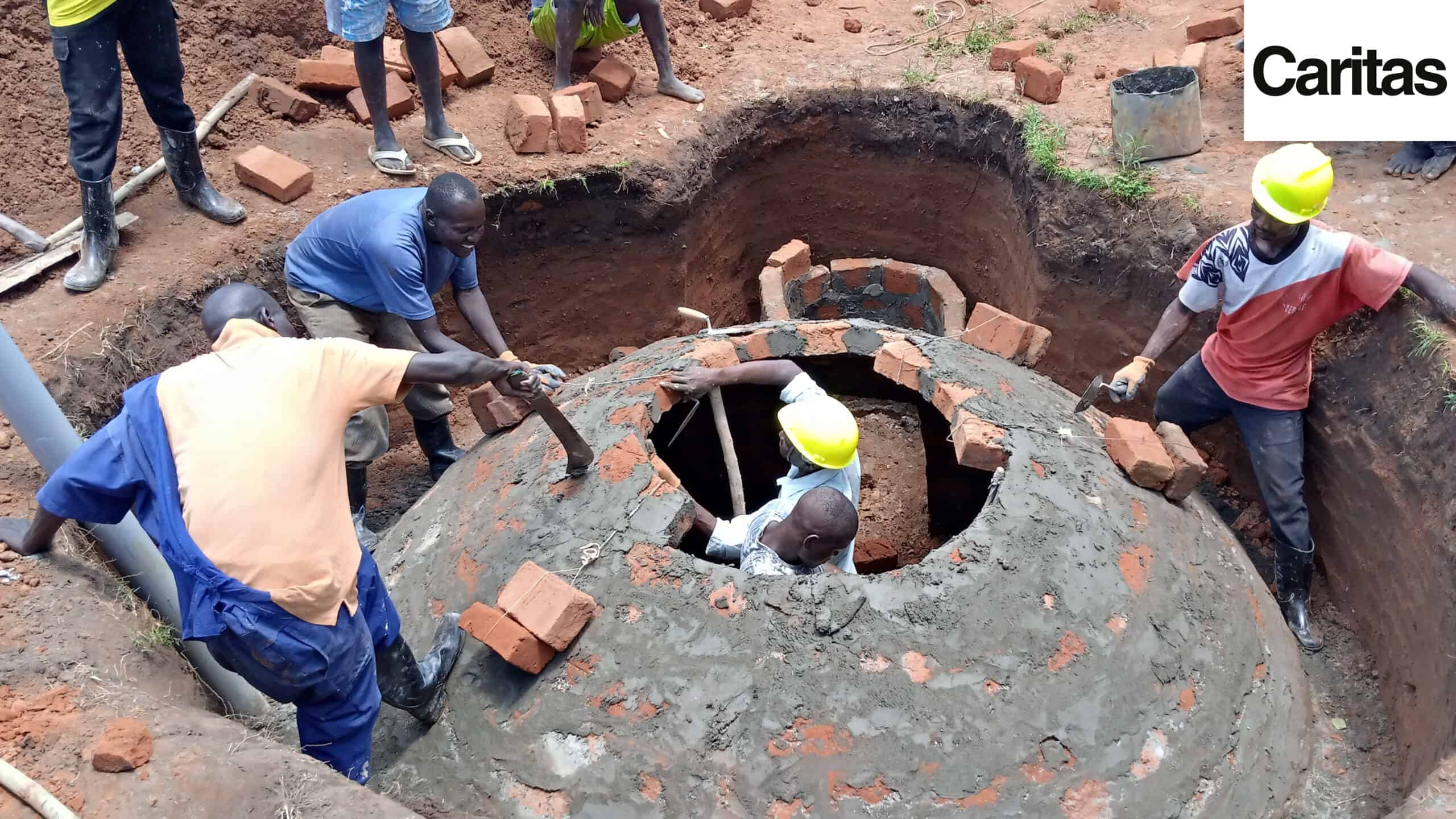Klimaschutzprojekt im Südsudan
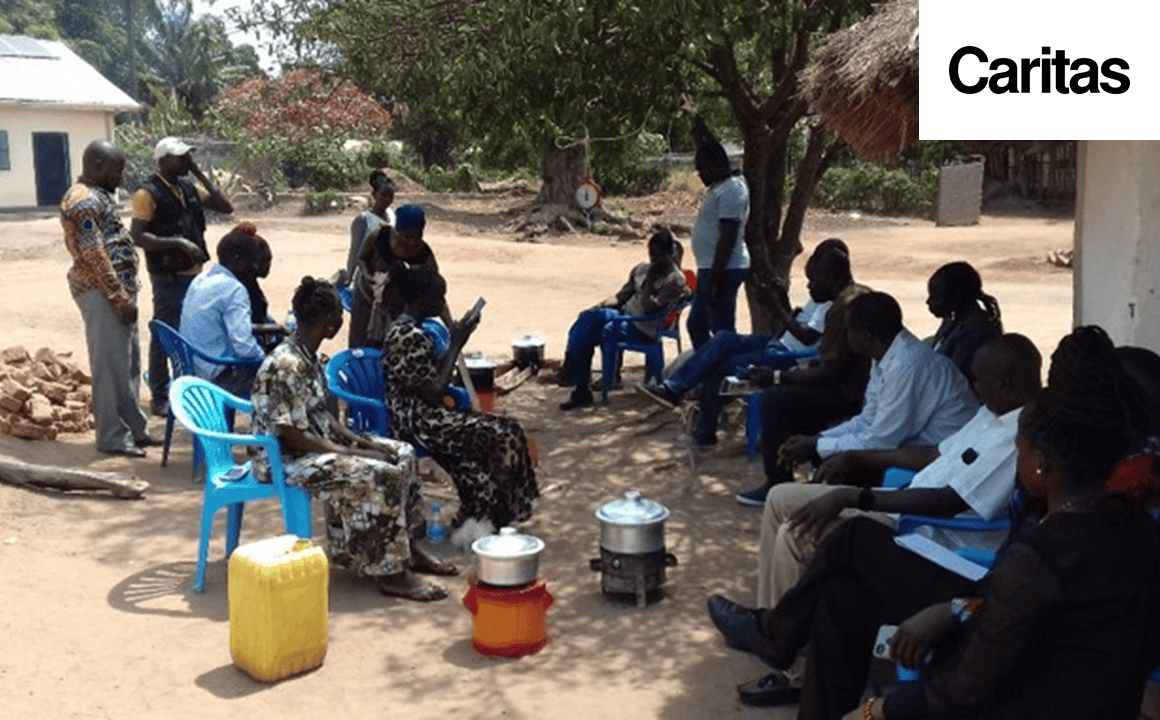
Sustainable Brick Production and Efficient Cookstoves instead of Deforestation and Poverty
In South Sudan, wood is used as fuel for cooking and brick firing, which causes high deforestation pressure and CO2-Emissionen verursacht. Durch die Entwaldung kommt es zur Degradation von fruchtbarem Land und zu negativen Auswirkungen auf das regionale Klima wie beispielsweise längere Trockenperioden sowie eine Zunahme von Überflutungen und Buschbränden. Im Südsudan, dem fünftärmsten Land der Welt, herrscht außerdem weitverbreitete Armut. Um dem entgegenzuwirken und die CO2-emissions, the project provides efficient cookstoves that reduce the need for firewood and the associated deforestation. At the same time, brick production is shifting from firing clay bricks to pressing earth bricks.
Diverse Contribution to Sustainable Development on-site
The project contributes in multiple ways to sustainable development on-site. Specifically, it generates "co-benefits" for the Sustainable Development Goals (SDGs) 1, 5, 7, 8, 12, 13, 15, and 17. For example, the provision of energy-efficient cookstoves to a total of 1,250 households raises environmental awareness among the population and saves costs and time for firewood gatherers. As part of the project, a primary school and a learning center will be built using sustainably produced bricks. Thanks to training programs, around 100 young people will regularly earn income from sustainable brick production by the end of the project. Additionally, 900 households will plant a mango tree on their property. As part of the scientific accompanying research conducted by BOKU, two master's theses are planned.
Sustainable Brick Production and Energy-Efficient Cooking for Vulnerable Households / South Sudan
Expected Emissions Reduction14.715 t CO2-eq
Project Duration2023-2028 (5,5 years)
Project Costs365.000 €
KOSTEN PRO vermiedener TONNE CO230 €
Situation without the ProjectIncrease in CO2-emissions due to the rising consumption of firewood and charcoal for household energy supply and for firing clay bricks used in house construction
GoalFuel-efficient cookstoves for households and the replacement of fired clay bricks with compressed earth bricks in house construction reduce CO2-emissions, save energy costs, and create income opportunities for youth.
Project Developers & Partners• Caritas Austria
• BOKU - Institute for Development Research
• 4 South Sudanese "Community-based Organizations"
• Makiga Company Uganda
Accompanying researchEcosystem Management and Conceptual Modeling of Human-induced Stress Factors, Sustainable Building, and Cooking
Sie möchten dieses Projekt mit einem Klimaschutzbeitrag unterstützen?
Spenden für dieses Projekt sind derzeit nur für Privatpersonen möglich – und zwar here. Unternehmen und Organisationen können unser Kochöfen-Projekt in Äthiopien unterstützen – nähere Infos dazu here.
